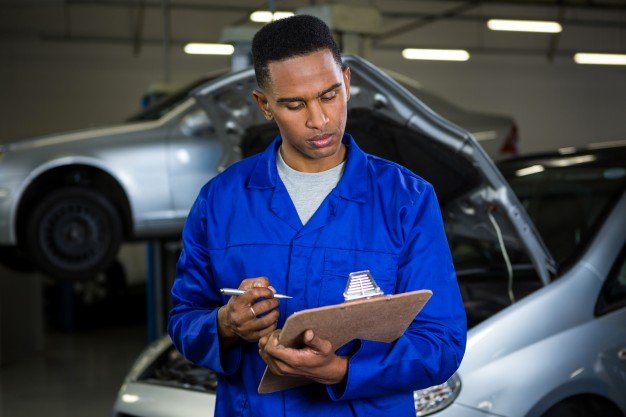The fact of the matter is that owning a car can be a costly part of your life. If you’re thinking of alternative ways to decrease this grave economic situation, you’re not alone.
This is why there’s a growing number of people who’ve opted to use services such as Avail car-sharing to reduce the monthly expenses that they have on car ownership. Understanding the benefits of how car-sharing services improve your life and the environment is essential. You should keep on reading to find out more.
6 Advantages Of Taking The Car-Sharing Services
The car-sharing services are the best way to avail the car on a temporary basis. This process is very effective, especially for the people who have driven but do not want to take responsibility for their own cars.
Here are the six advantages of availing of professional car-sharing services.
1. Fewer Emissions
When you think of millions of people using their cars to commute to work, the last thing that you think about is the amount of greenhouse gas emissions that this causes. Yet, this should be the first thing that everyone considers.
Most importantly, it should be the first reason why you should opt for car-sharing instead of driving your car to work every morning. The fact is that when more people share a single car to get to work, it benefits the environment in more ways than one.
2. Less Traffic
Another plus for sharing rides to go anywhere is that there’s less traffic on the road. This is much better than when you compare it to when 4 of your friends get into different cars to drive to the same destination. When there’s less traffic on the road, it helps to decrease the number of things that can negatively impact the environment. For instance, there are fewer oil spills on the road and gas emissions that engulf the city.
Another smart thing about choosing car-sharing is that there’s an increase in electric vehicles that are available. This means that it’s a good way to conserve energy when compared to traditional cars that rely on crude oil for gas and diesel.
3. Saves Money
If you own a car, you should know that it comes with many expenses that go beyond pouring gas every other day during the week. You have to worry about insurance and maintenance costs, amongst many other costs.
This means that you have an average of monthly expenses that you should be worried about. However, when you opt for a car-sharing service, you can skip these expenses altogether. If you’re thinking of saving for a holiday, then the money that you save from car-sharing should be enough to get you to your dream holiday destination.
4. Fewer Restrictions
Let’s face it, the age of using car rentals seems to be forming to an end. As a result, the car renting sector can change its business model. The great thing about using car-sharing services is that it doesn’t have the same restrictions that this sector comes with.
You can drive wherever you want to without any restrictions. You do not have to take care of the regular maintenance part of the car.
5. Use Different Cars
Unlike using a rental, with car sharing, you can use different cars throughout the day. With car sharing, you have the option to use different-sized cars. The choices are too many for you to choose anything else.
Car sharing services are giving you the opportunity to try out different model cars and explore the new design cars. If you do not want to drive a single car, take the car-sharing services and drive a new model car every day.
6. Fewer Miles Traveled
When you’re using car-sharing services in the city, the chances are that you’re within several convenient locations near you. This means that you don’t have to travel far. As a result, each car that you use should save on its mileage by a margin.
For the short driving tour available the car-sharing services are always more profitable than owning a car.
Sum It Up:
In summary, choosing to use car-sharing services over your car or a rental should benefit you in more ways than one. Moreover, this type of ride-sharing provides environmental benefits that outweigh the need for traditional commuting. If you want to start using car-sharing services, you should learn more about them.
Read Also:

























